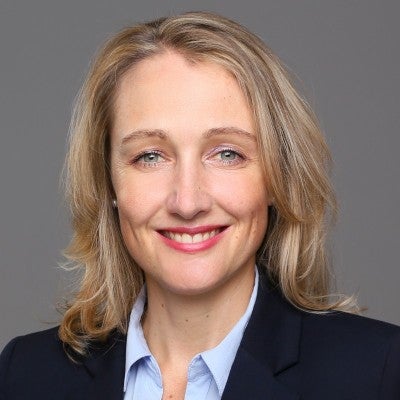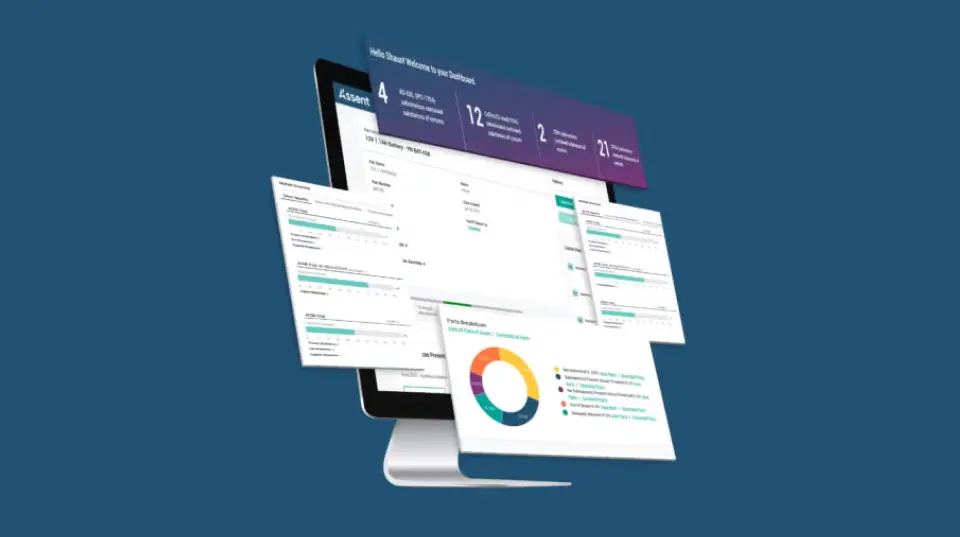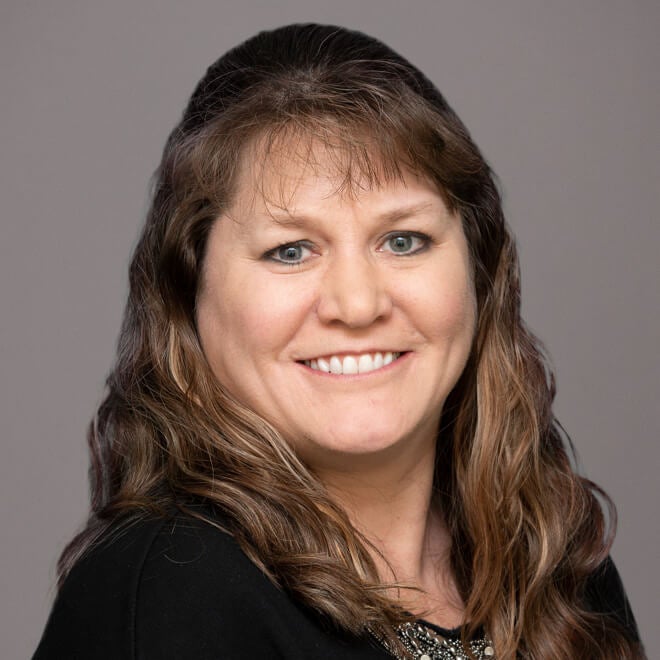Under Article 5 of the Restriction of Hazardous Substances (RoHS) Directive, ongoing evaluations are made of specific technical exemptions. In December 2022, the consultants’ report — also known as Pack 23 — covered their recommendations for 12 exemptions to Annex III of the directive.
Understanding these exemptions is key to maintaining your EU market access, as they apply to substances and materials that could be included in your products. Even though these are just recommendations to the European Commission on whether to extend or revoke an exemption, the commission typically follows the consultants’ recommendations, so it’s important manufacturers are familiar with recommendations related to substances in their supply chain.
What an Exemption Is (And Isn’t)
An exemption temporarily allows a restricted substance to be used in certain applications. Pack 23 concerns Annex III — one of the two different lists of exemptions under the RoHS Directive.
The exemptions covered by this report were due to expire on July 21, 2021, for equipment categories 1–7 and 10; July 21, 2023, for equipment categories 8 and 9; and July 21, 2024, for category 9 equipment (industrial monitoring and control) and category 11 equipment. Under Article 5(5) of the RoHS Directive, the exemptions remain valid until the European Commission makes a decision on the renewal application.
Technical Exemptions Evaluated Within the Report
In Pack 23, these technical exemptions were assessed for continued relevance and necessity.
- 4(f): Mercury in other discharge lamps for special purposes not specifically mentioned in this Annex
- 8(b): Cadmium and its compounds in electrical contacts
- 8(b)-I: Cadmium and its compounds in electrical contacts in circuit breakers, thermal sensing controls, thermal motor protectors (excluding hermetic, thermal motor protectors), AC switches, and DC switches.
- 9: Hexavalent chromium as an anti-corrosion agent of the carbon steel cooling system in absorption refrigerators up to 0,75 % by weight in the cooling solution
- 9(a)-II: Up to 0.75% hexavalent chromium by weight, used as an anticorrosion agent in the cooling solution of carbon steel cooling systems of absorption refrigerators, designed to operate fully or partly with electrical heater, having an average utilized power input ≥75 W at constant running conditions or designed to fully operate with non-electrical heater
- 13(a): Lead in white glasses used for optical applications
- 13(b): Cadmium and lead in filter glasses and glasses used for reflectance standards
- 13(b)-I: Lead in ion colored optical filter glass types
- 13(b)-II: Cadmium in striking optical filter glass types; excluding applications falling under point 39 of Annex III
- 13(b)-III: Cadmium and lead in glazes used for reflectance standards
- 15: Lead in solders to complete a viable electrical connection between semiconductor die and carrier within integrated circuit flip chip packages
- 15(a): Lead in solders to complete a viable electrical connection between the semiconductor die and carrier within integrated circuit flip chip packages where at least one of the following criteria applies: a semiconductor technology node of 90 nm or larger; a single die of 300 mm2 or larger in any semiconductor technology node; stacked die packages with die of 300 mm2 or larger, or silicon interposers of 300 mm2 or larger.
The consultants’ findings for each exemption are below.
Extensions With Existing Wording
Exemption 9(a)-II
Consultants recommended that Exemption 9(a)-II be extended until December 31, 2025, but only for category 1 equipment (i.e., large household appliances). Since the applicant only requested to have the renewal extended for category 1 equipment, it’s recommended that the exemption be revoked for all the other categories it applies to (2–7 and 10).
Exemptions 13(b)-I & 13(b)-II
Exemptions 13(b)-I and 13(b)-II currently apply to equipment categories 1–7 and 10. It’s recommended that:
- The exemption be extended to categories 8, 9, and 11, starting 12 months and one day from the date of publication of the delegated directive. The maximum seven years validity period is recommended for equipment categories 8 (medical devices) and category 9 (monitoring and control instruments).
- The exemption is extended for five years for equipment categories 2, 3, 5, 6, 7, 10, and 11, but only for four years for categories 1 (large household appliances) and 4 (consumer equipment).
Extensions With New Wording
Exemption 8(b)-I
For exemption 8(b)-I, it’s recommended that:
- Only the following applications listed in the exemption are extended: “Cadmium and its compounds in electrical contacts in circuit breakers, thermal sensing controls and thermal motor protectors (excluding hermetic thermal motor protectors)”
- Equipment categories 1–7, 10, and 11 be extended for 2.5 years until December 31, 2023.
- “Cadmium and its compounds in electrical contacts in AC and DC switches” currently covered by the exemption for equipment categories 1–7 and 10 be revoked with a 12-month phase-out period. That means exemption 8(b)-I should be partially revoked.
- A new exemption, 8(b)-III, be introduced for other AC and DC switches valid until December 31, 2025, for categories 1–7, 10, and 11.
Note: the electrical rating is not the same, which means that cadmium and its compounds in electrical contacts of AC switches rated at less than 10 A/250 V AC, and less than 12 A/125 V AC, and cadmium and its compounds in electrical contacts of DC switches rated at less than 25 A/18 V DC, as well as cadmium and its compounds in electrical contacts in switches for use at a voltage supply frequency of at least 200 Hz will no longer benefit from a valid exemption. The applicant indicated that the latter exemption is no longer required.
Exemption 13(a)
“13(a) “Lead in white glasses used for optical applications” should be changed to “Lead in glasses used for optical applications excluding applications falling under points 13(b), 13(b)(I), 13(b)(II), 13(b)(III), 13(b)(IV) of this Annex”
- Note: It is also recommended that there be a four-year extension for equipment categories 1, 2, 5, and 10; a five-year extension for equipment categories 3, 4, 6, 7, 8, 9, and 11; and the maximum seven-year extension for equipment categories 8 in vitro diagnostic medical devices and 9 industrial monitoring and control instruments.
Extensions With a Restricted Scope
8(b)
8(b), which is valid for equipment in categories 8, 9, and 11, has been extended, but with a much narrower scope and with different expiry dates for the different applications, as new exemption 8(b)-II.
Circuit breakers in rotating parts of computer tomography (category 8 equipment excluding in vitro diagnostic medical devices) are recommended to expire on December 31, 2023.
Portable emergency defibrillators with a Declaration of Conformity (DOC) issued for the first time before January 1, 2015, (category 8 equipment excluding in vitro diagnostic medical devices) is recommended to expire on December 31, 2025.
All other of the above-listed applications for other category 8, 9, and 11 equipment have a recommended expiry date of December 31, 2025, as well.
The original exemption 8(b) is recommended to be revoked with a phase-out period of 18 months.
13(b)
13(b), which is valid for categories 8, 9, and 11 equipment, is recommended to be renewed in the form of two new exemptions with a much narrower scope. The original 13(b) is recommended to be revoked with a phase-out period of 12 months.
Whereas currently both application types can benefit from an exemption for both substances (cadmium and lead), the recommendation is to split the technical exemption, with the cadmium exemption only available to reflectance standard glazes and the exemption for lead only applicable to filter glasses:
- 13(b)-IV “Cadmium in glazes used for reflectance standards” applies to equipment categories 8 and 9 with the maximum recommended validity period of seven years
- 13(b)-V “Lead compound coatings in infrared interference filters used in infrared gas analysis and mid-far-infrared spectroscopy” applies to category 9 industrial monitoring and control instruments only with the maximum recommended validity period of 7 years
- Note: 13(b)-III “Cadmium and lead in glazes used for reflectance standards” which applies to equipment categories 1–7 and 10, is recommended to be revoked with a phase-out period of 12 months, as the new exemption 13(b)-IV is recommended to be introduced, but with a restricted scope and only applicable to categories 8 and 9 equipment.
New Exemptions Recommended to Be Created From Existing Exemptions
8(b)-II
The new exemption 8(b)-II, created from 8(b), is recommended to apply 12 months and one day from the date of publication of the delegated directive to category 8, 9, and 11 equipment:
“Cadmium and its compounds in electrical contacts of circuit breakers, thermal sensing controls, thermal motor protectors (excluding hermetic thermal motor protectors), AC switches and DC switches”
The new exemption has been recommended a validity period until December 31, 2023, and December 31, 2025, depending on the different applications as described above.
8(c)
The new exemption 8(c), created from 8(b), “Cadmium and its compounds in electrical contacts that are not covered by exemption 8(b)(II),” and excluding some specific applications is recommended to apply 18 months and one day from the publication of the delegated directive by the European Commission and would be valid for categories 8 and 9 equipment. It has been recommended for a validity period of four years until July 12, 2025.
8(b)-III
The new exemption 8(b)-III (“Cadmium and its compounds in electrical contacts of”), created from 8(b)-I, has two separate parts:
Circuit breakers rated at:
- 10 A and more at 250 V AC and more, or
- 15 A and more at 125 V AC and more,
Thermal sensing controls rated at:
- 10 A and more at 250 V AC and more, or
- 15 A and more at 125 V AC and more,
Thermal motor protectors (excluding hermetic thermal motor protectors)
and
AC switches rated at:
- 10 A and more at 250 V AC and more, or
- 15 A and more at 125 V AC and more
DC switches rated at:
- 25 A and more at 18 V DC and more.
The new recommended exemption 8(b)-III is recommended to apply 12 months and one day from the publication of the delegated directive by the European Commission and would be valid for equipment categories 1–7, 10, and 11.
The first part of the exemption has a recommended validity period until December 31, 2023, and the second part has a recommended validity period until December 31, 2025.
9(a)-III
New exemption9(a)-III is recommended to be created from exemption 9 with the wording adjusted from that of the original exemption. The maximum permitted concentration of hexavalent chromium is reduced from 0.75% weight to 0.7%, and the exemption would be valid for category 1 gas absorption heat pumps for space and water heating only, and not for all absorption refrigerators.
The consultants also recommend the European Commision only grant this exemption if the negative impacts of substitution of the hexavalent chromium in these applications are likely to outweigh the benefits thereof. Exemption 9(a)-III is recommended to expire on December 31, 2026. Surprisingly, the European Commission already published the draft delegated directive for this exemption and followed the consultants’ recommendations. The publication of the delegated directive in the Official Journal of the EU is expected for the first quarter of 2023.
Exemption 9 would no longer be renewable and would expire on July 21, 2023, for category 8 in vitro diagnostic medical devices and on July 21, 2024, for category 9 industrial monitoring and control instruments and category 11 equipment.
13(b)-IV & 13(b)-V
Created from 13(b), new exemption13(b)-IV “Cadmium in glazes used for reflectance standards,” applies to equipment categories 8 and 9 with the maximum recommended validity period of seven years whereas13(b)-V “Lead compound coatings in infrared interference filters used in infrared gas analysis and mid-far-infrared spectroscopy” applies to category 9 industrial monitoring and control instruments only with the maximum recommended validity period of seven years. Both exemptions are recommended to apply 12 months and one day from the date of publication of the delegated directive in the Official Journal of the EU.
Exemptions Recommended to Be Revoked
- 8(b), which is valid for categories 8, 9, and 11 equipment, is recommended to be revoked with a phase-out period of 18 months.
- 8(b)-I, which applies to equipment categories 1–7 and 10, is recommended to be partially revoked with a 12-month phase-out period.
- 13(b), which is valid for categories 8, 9, and 11 equipment, is recommended to be revoked with a phase-out period of 12 months.
- 13(b)-III, which applies to equipment categories 1–7 and 10, is recommended to be revoked with a phase-out period of 12 months.
Applications With Insufficient Evidence Provided
The consultants were not able to recommend an extension for exemptions 15 and 15(a) “Lead in flip chip packages” due to a “lack of substantiated evidence” as required by Article 5(1)(a) of the RoHS Directive. The report noted that “it could not be clarified whether and how far substitution or elimination of lead are still scientifically and technically impracticable.”
Applications That Were Withdrawn
The renewal request for 4(f) was withdrawn by the applicant due to the exemption renewal being granted by the European Commission and published in the Official Journal of the EU in February 2022, based on an earlier renewal request.
Stay Compliant With RoHS as It Changes
If there’s one thing manufacturers can count on, it’s regulations shifting and evolving from year to year. That’s why you need tools that keep you up to date on the latest changes to RoHS and other EU regulations that imperil your market access. Plus, our regulatory experts provide you with the context and knowledge needed to break down this complex information and avoid costly non-compliance penalties like fines.
To learn more about how Assent can help you keep track of RoHS restrictions and exemptions, please reach out to us, Contact us.















